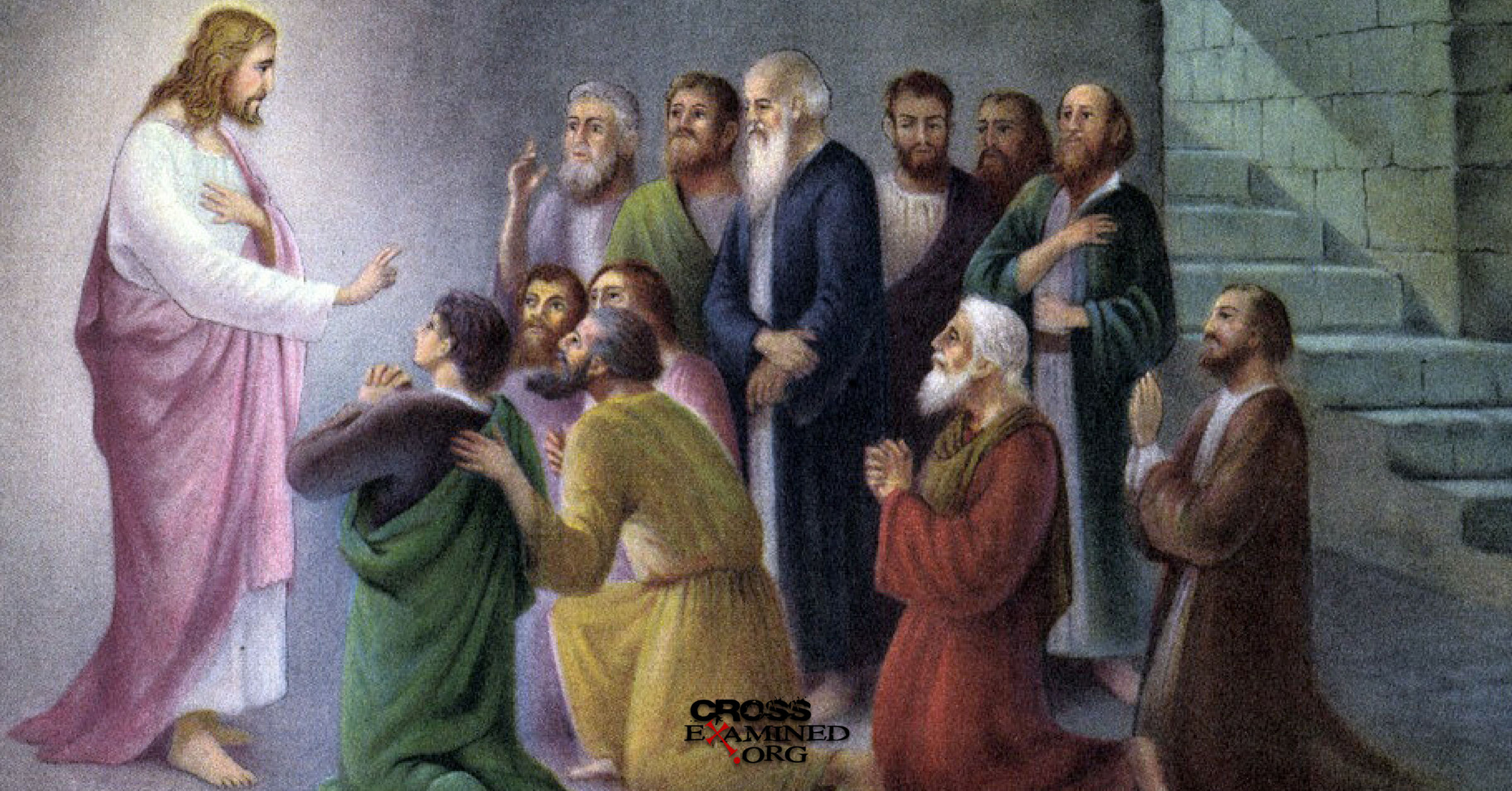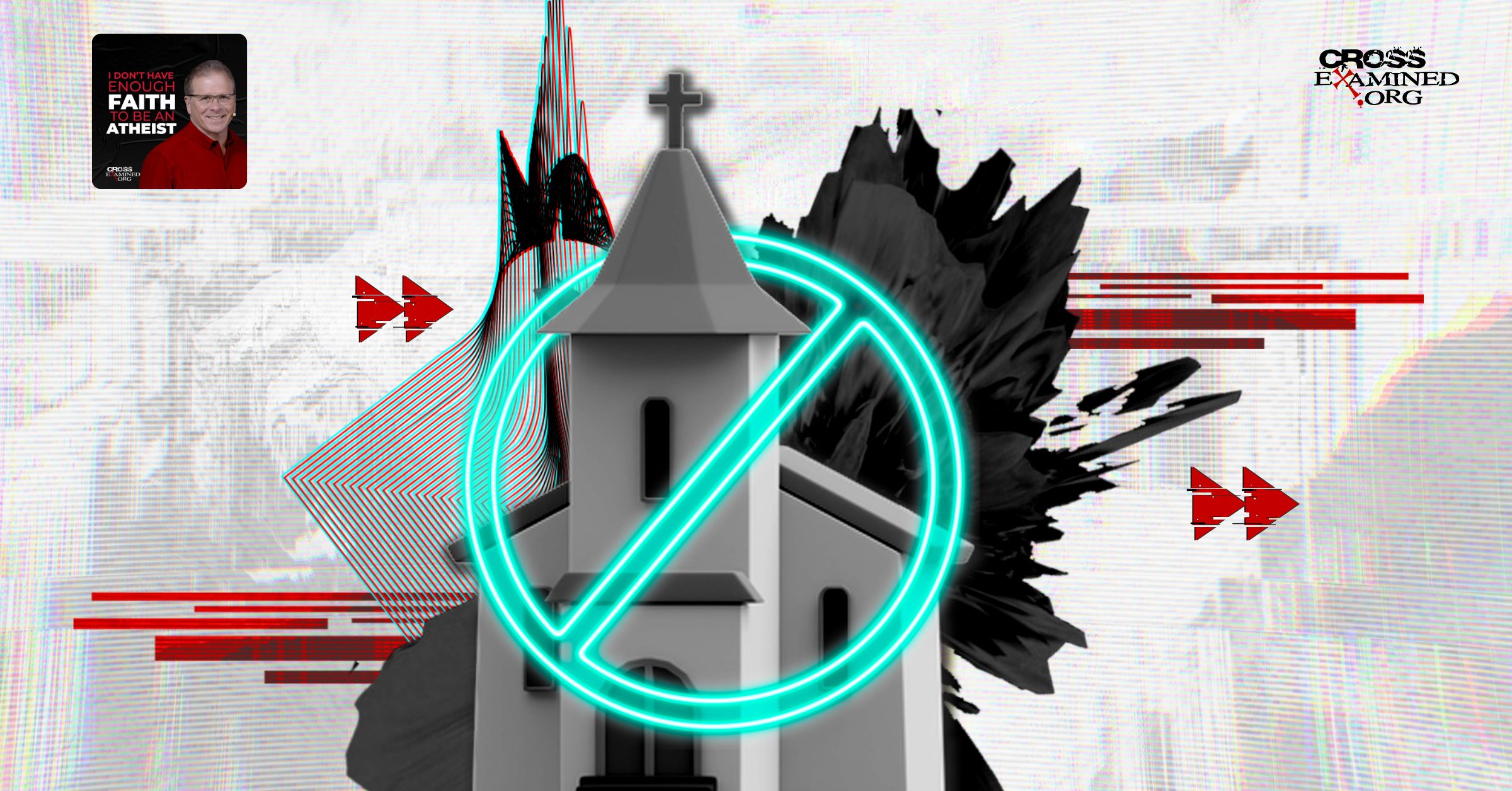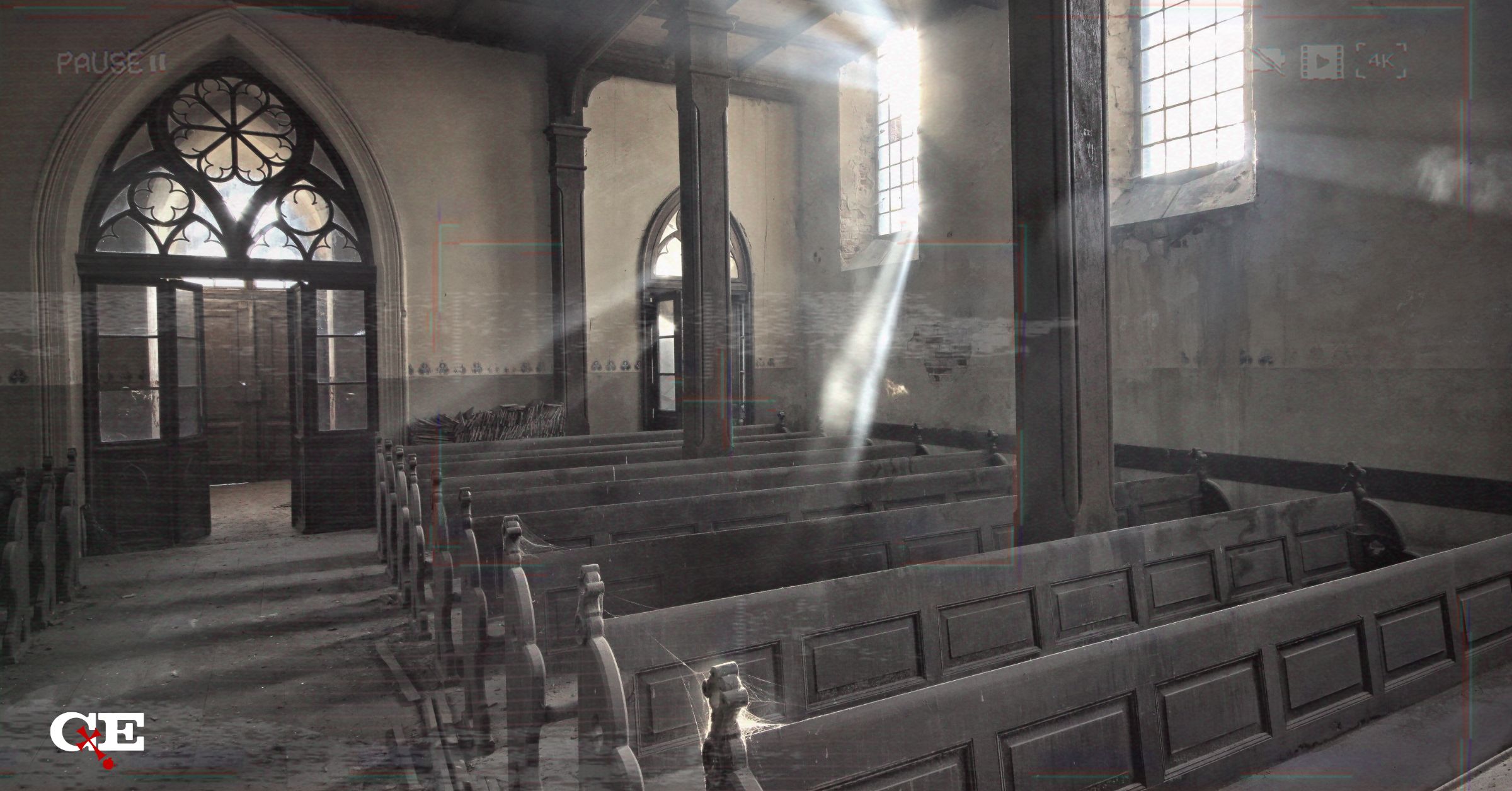Why Doesn’t God Need a Creator
By Al Serrato
Christians believe that God is an infinite being who has always existed. But what “evidence” can the theist put forth in support of this claim? This is a common challenge raised by the skeptic.
When a person asks for “evidence,” the usual response is to look for things like witness statements, or documents or fingerprints left at a scene. Since no one has “evidence” relating to things outside our universe, or to a being who preceded the Big Bang, it’s a safe bet, they think, that the Christian apologist can’t come up with any “evidence.” Or is it?
Teasing out the unspoken premise in the question highlights what is at play: the challenger assumes that it is only through physical or testimonial “evidence” that we can know things. But this is simply not true. While evidence and inferences from evidence are valid ways of determining what is true, they are not the exclusive ways. For example, when I know that no circle is also a square, where is the evidence for that? Or that A = C, when told that A = B and B = C? Or that rape is always wrong. These types of knowledge – based on logic and reason or on a basic moral sense – are part of the normal functioning of every human mind. Like a computer running software, our minds come equipped with certain basic programs, such as the ability to acquire and use language. Similarly, we are born with an appreciation of game-playing and fairness. Watch a child develop and you will see these subprograms at work. You may teach them how to play the game and what’s considered fair or foul, but they already intuitively understand the importance of the game and the rules.
The mind has an additional “pre-loaded” capability that helps us better understand where we came from and who created us: the ability to conceptualize, to make sense of patterns by grouping things into categories. For example, we don’t need an exhaustive list of possible ”chairs” or ”tables” to know whether a particular item can serve in that capacity. To know if something new qualifies as ”food,” we needn’t refer to a list but can instead ask questions, such as whether the item is edible and able to provide nourishment. An exotic fruit will pass that test but an ashtray will not. When we reflect on these conceptions, we can derive actual knowledge, even in the absence of traditional “evidence.” By realizing what a square is, we “know” that a circle can never be one. By knowing that people have a right to the integrity of their bodies, we know that rape – which violates that right – is always wrong. By employing logic, we know that A = C when A and C are both equal to B.
What does this have to do with God’s origins? Just this: it is by conceptualizing what is meant by God that we can determine – that we can know – certain important things about him. When we think of God, what exactly are we thinking about? We may of course disagree on specifics, but to qualify as ”God,” we must be referring to that ultimate omnipotent being that possesses and embodies infinite perfection. Well, the skeptic protests, why does that require existence? I can imagine a unicorn but that doesn’t mean I could ever find one.
This objection helps focus the inquiry, because it requires us to think more deeply. When we think of a unicorn, we are thinking of a white horse-like animal with a horn protruding from its forehead. Such a being may once have existed or may exist sometime in the future or may never exist at all. There is nothing about the conception of a “unicorn” that requires it to actually exist; the only requirement is that if such an animal did exist, it would have the noted attributes.
But when we get back to the conception of God, what is it that we have in mind? How do we best put words to the concept of the ultimate being, a being so great that it is simply not possible to conceive of anything greater? God embodies infinite perfections. Such a being, to qualify as ”God” within our minds, must necessarily exist. If you are contemplating two beings with similar attributes and one possesses the attribute of necessary existence and the other does not, it is readily apparent that the former is the greater being. Unless we’re conceiving within our minds this image of God, we have not yet actually begun to think about God but are instead thinking of something lesser.
Anselm of Canterbury is credited with first developing this argument, the ontological argument, ten centuries ago. When you follow where reason leads in conceptualizing what God entails, you realize that he must be an infinite being who necessarily exists. He was not created. He never came into being, and will never cease existing. All that there is, or was, or ever will be is contingent him upon him for existence, while he is complete in and of himself, contingent upon nothing. This is the only rational conclusion that can be drawn from the creation of something from nothing; it is where the “evidence” leads.
That God is the source of this universe, and all that is in it, is a product of recognizing that all created things had a preceding cause, sufficient to bring them into existence. There are no known exceptions and no reason to suspect that there are any exceptions. Moving to the very beginning of the space/time continuum we occupy, there must be a source adequate to the task of creating it. Two possibilities exist: the creator of the universe was himself created, and therefore had a beginning; or he was infinite, having no beginning. If you choose the former, you haven’t gone far enough in your reasoning because the only way for a being to qualify as “God” is to possess infinite perfection. You need to keep moving back in time to frame in your mind that original being, the one who was not himself created.
The skeptic will usually persist in his challenge: why doesn’t your god need a cause? But again, to ask the question betrays the mistake in reasoning of the questioner. The error is in the premise: all things do not need a creator, only created things, or more specifically this universe and all that it encompasses. Something outside of the universe, something that is the source of all things, does not need to be created. In fact, reason leads us in the opposite direction. Since things don’t create themselves, there must be, at the very beginning, a being who always existed, who was never created and never in need of anything.
Seen in this light, the question becomes nonsensical, translating into: who created the uncreated being, or who caused the being which needed no cause? It is no different than asking what time it is on the moon. The time of day is a function of where on earth a person is; it is nonsensical when applied off planet.
Of course, none of this proves that God is the triune God of the Bible, who by the way does provide witness testimony of his eternal nature. But the skeptic will never begin to consider the truth claims of Christianity if he remains stuck doubting the existence of that God.
Recommended resources related to the topic:
Stealing From God by Dr. Frank Turek (Book, 10-Part DVD Set, STUDENT Study Guide, TEACHER Study Guide)
Oh, Why Didn’t I Say That? Does Science Disprove God? by Dr. Frank Turek (DVD and Mp4)
_____________________________________________________________________________________________________________________________________________________
Al Serrato earned his law degree from the University of California at Berkeley in 1985. He began his career as an FBI special agent before becoming a prosecutor in California, where he worked for 33 years. An introduction to CS Lewis’ works sparked his interest in Apologetics, which he has pursued for the past three decades. He got his start writing Apologetics with J. Warner Wallace and Pleaseconvinceme.com.











